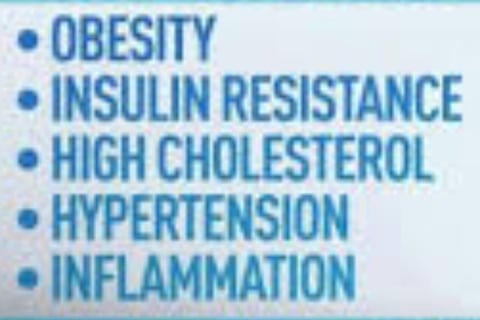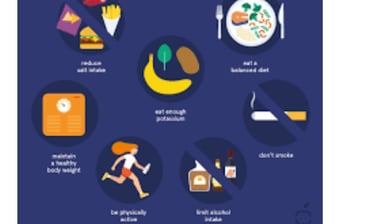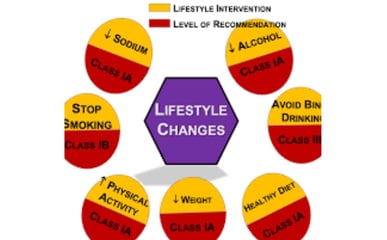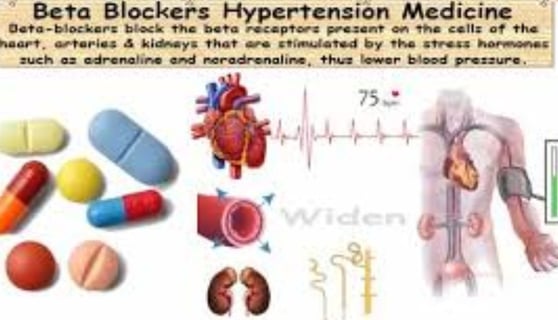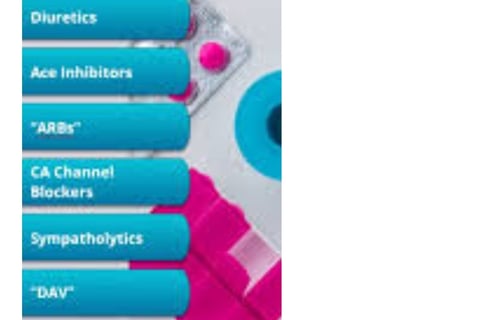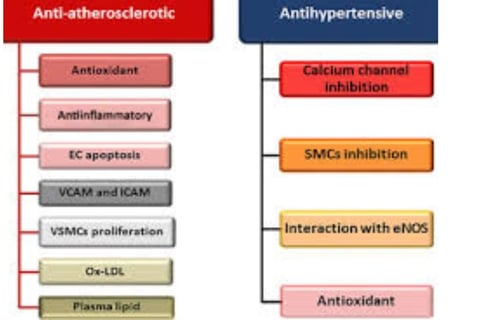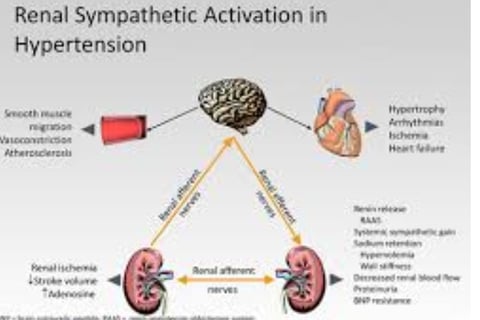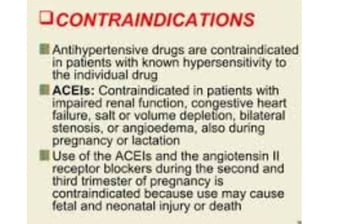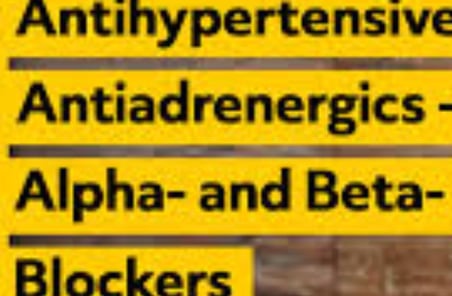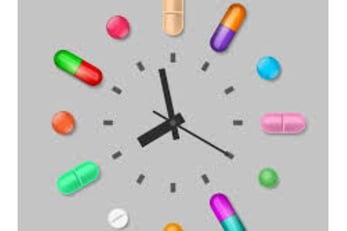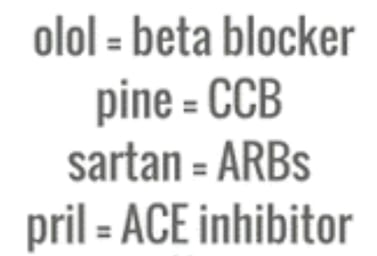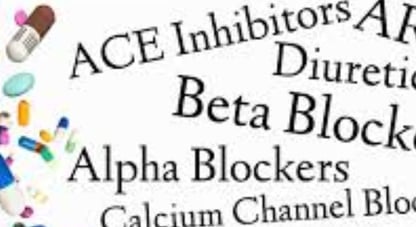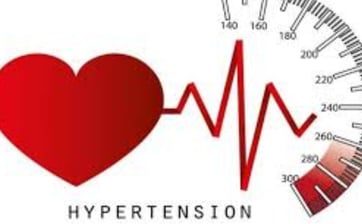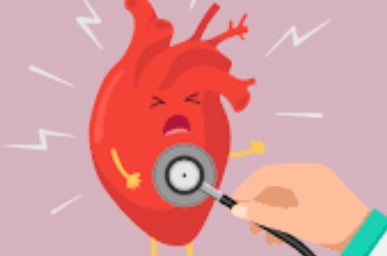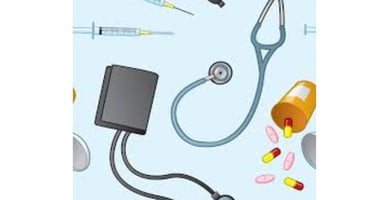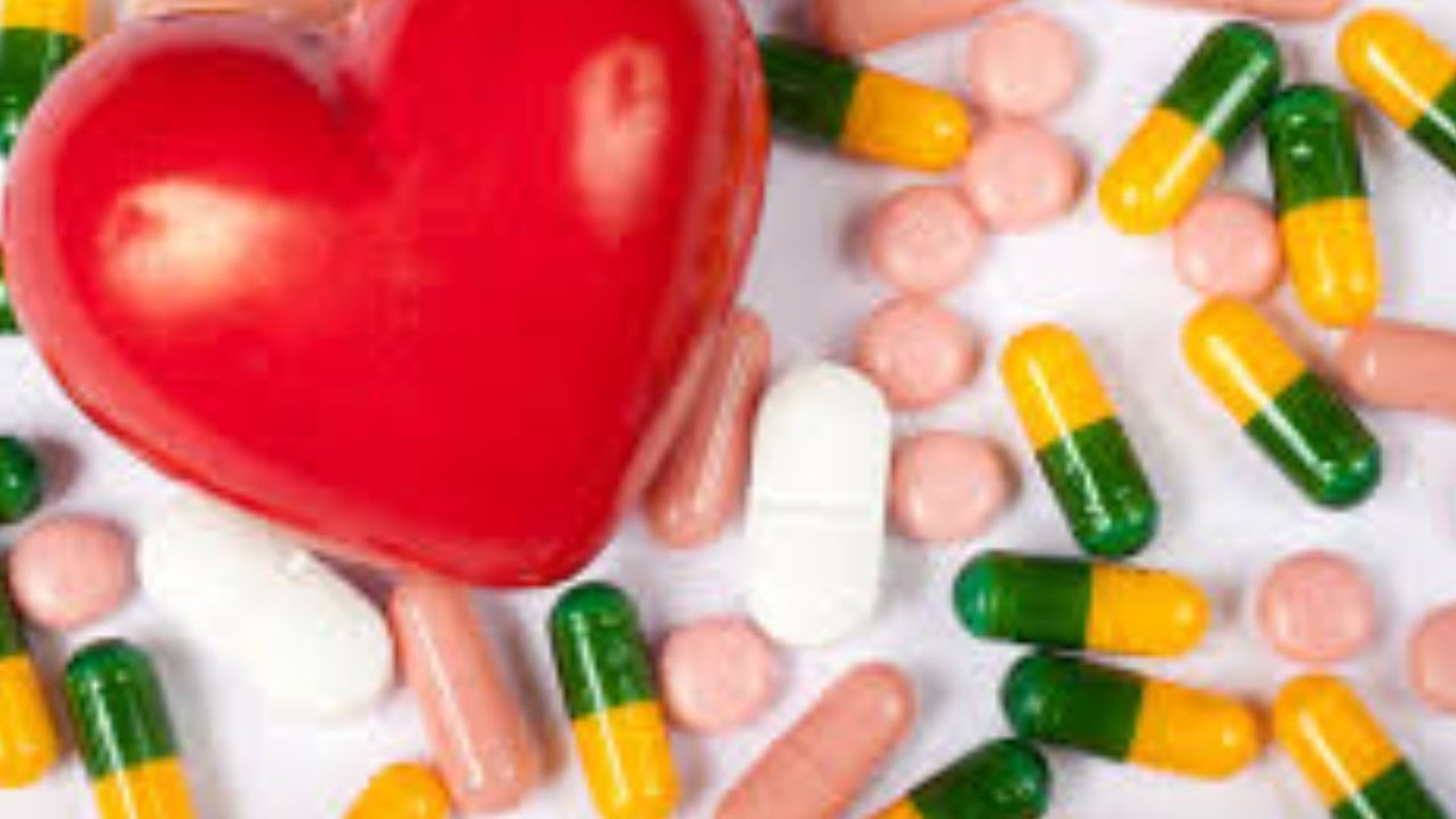
Antihypertensive Drugs : Fasting
Discover how combining antihypertensive drugs with intermittent fasting can improve heart health. Learn about their interactions, benefits, side effects, and expert tips for managing hypertension, heart failure, diabetes, and stroke effectively.
CARDIOVASCULAR
Dr Hassan Al Warraqi
5/18/2024
Antihypertensive Drugs with Fasting
are a class of drugs that are used to treat hypertension (high blood pressure)
Antihypertensive therapy seeks to prevent the complications of high blood pressure, such as stroke, heart failure, kidney failure and myocardial infarction
Antihypertensive drugs are very common, as an estimated 1 billion people in the world have high blood pressure
What is the most popular medication for high blood pressure
several “first-line” or first-choice blood pressure medications they prescribe. They include:
Thiazide
ACE inhibitors.
Calcium channel blockers.
Types of blood pressure medication
Adrenergic blockers (including alpha, beta, alpha-beta and peripherally acting blockers)
They keep your body from raising its blood pressure in reaction to stress.
side effects:
Fainting.
Dizziness.
Tiredness.
Low heart rate.
Angiotensin-converting enzyme (ACE) inhibitors
They keep your body from making angiotensin II (a blood vessel constrictor)
side effects:
Cough.
High potassium.
Dizziness.
Angioedema (face and neck swelling); if you have this dangerous reaction, you shouldn’t take an ACE inhibitor drug again.
Angiotensin II receptor blockers (ARBs)
They keep angiotensin II from making your blood vessels constrict.
side effects:
Dizziness.
Calcium channel blockers
They keep calcium out of your blood vessels, which lets the muscle in your blood vessels relax and loosen.
side effects:
Headache.
Fast or slow heart rate.
Lower leg swelling.
Centrally acting alpha-agonists
They prevent your nervous system from responding to stress.
side effects:
Tiredness.
Slow heart rate.
Direct vasodilators
They make your blood vessels more open.
Selected blood pressure medication side effects:
Fast heart rate.
Headache.
Lower leg swelling.
Diuretics (including potassium-sparing, loop, thiazide and thiazide-type diuretics)
What they do: They help your blood vessels get wider and make your kidneys move extra fluid and salt into your pee.
Selected blood pressure medication side effects:
High or low levels of magnesium or potassium.
Upset stomach.
Dizziness
in combination with a healthy diet and exercise.
keep taking their medicine at the same time
Keeping your sodium intake low.
no alcohol or smoking use
Getting regular physical activity.
Controlling your weight.
There are a number of reasons why your blood pressure may still be high when you’re taking blood pressure medication
You may need two, three or four different antihypertensives.
You’re not taking them every day.
You’re taking multiple drugs, but they work the same way.
You’re eating too much salt.
A drug you’re taking makes your body retain salt.
You’re not taking a diuretic.
You may have a condition called secondary “hypertension,” which means high blood pressure caused by a different problem with your body (hyperaldosteronism, pheochromocytoma, renal artery stenosis)
Other drugs or herbs may prevent your blood pressure medication from working.
Recreational drugs can raise your blood pressure.
definition of HTN stages is:
Normal blood pressure (BP): systolic BP is less than 120, and diastolic BP is less than 80.
Elevated BP: systolic BP is 120 to 130, and diastolic BP is less than 80.
Stage 1 HTN: systolic BP 130 to 139 or diastolic BP 80 to 89.
Stage 2 HTN: systolic BP at least 140 or diastolic at least 90.
Hypertensive crises: systolic BP over 180 and/or diastolic BP over 120.
all patients with elevated blood pressure are recommended to have lifestyle modifications as initial treatment, including weight loss, a healthy heart diet, increased physical activity, a low sodium diet, and limitation of alcohol consumption.
The recommendation is for patients with stage 1 HTN and to have lifestyle modification measures.
stage 2 HTN should start antihypertensive medications to lower BP to a target lower than 130/80 mm Hg
chronic kidney disease, the target BP is 130/80
type 2 diabetes mellitus (T2DM), it is recommended to start on antihypertensive medications if BP is more than 130/80 mm Hg with a goal of BP lower than 130/80 mm Hg.
Antihypertensive medication treatment usually starts as monotherapy after the failure of conservative management with lifestyle modification.
The use of combination therapy is common when patients fail the monotherapy approach.
Lowering blood pressure does reduce cardiovascular risks; maintaining a systolic blood pressure of less than 130 mm Hg has been shown to prevent complications in patients with heart failure, diabetes, coronary artery disease, stroke, and other cardiovascular diseases.
while fasting, whether in the context of Islamic practice or intermittent fasting, can affect blood pressure
fasting may be a helpful way to lower blood pressure and improve your overall health
keywords
Antihypertensive drugs, fast, Islamic practice ,intermittent fasting , heart failure, diabetes, coronary artery disease, stroke, ,other cardiovascular diseases,
Comprehensive Guide: Antihypertensive Drugs and Fasting – Effects, Management, and FAQs
Introduction
Hypertension (high blood pressure) is a global health concern affecting over 1 billion people worldwide.
Managing this condition requires a combination of medication, lifestyle changes, and, for some, practices like fasting.
This guide explores the relationship between antihypertensive drugs and fasting (including Islamic fasting during Ramadan and intermittent fasting), their mechanisms, side effects, and the potential impact of fasting on blood pressure management.
Key Concepts
1. Hypertension: Definition and Importance of Treatment
Hypertension is a chronic medical condition characterized by elevated blood pressure, increasing the risk of severe complications such as stroke, heart failure, kidney disease, and myocardial infarction. Effective management is critical to prevent these outcomes.
2. Types of Antihypertensive Drugs and Their Mechanisms
First-line therapies:
Diuretics (e.g., thiazides): Reduce fluid retention.
ACE inhibitors (e.g., lisinopril): Block angiotensin-converting enzyme to relax blood vessels.
Calcium channel blockers (e.g., amlodipine): Prevent calcium from entering heart and vessel cells.
Other classes:
ARBs (angiotensin II receptor blockers).
Beta-blockers (reduce heart rate and cardiac output).
Alpha-agonists and direct vasodilators.
3. Common Side Effects of Antihypertensive Drugs
ACE inhibitors: Cough, hyperkalemia, angioedema (rare but severe).
Diuretics: Electrolyte imbalances, dizziness.
Beta-blockers: Fatigue, bradycardia.
Calcium channel blockers: Swelling in legs, headaches.
4. Adherence to Treatment and Lifestyle Modifications
Key recommendations:
Take medications consistently at the same time daily.
Adopt a low-sodium diet, exercise regularly, and avoid smoking/alcohol.
Maintain a healthy weight.
5. Reasons for Uncontrolled Hypertension
Non-adherence to medication.
Excessive salt intake.
Drug interactions or secondary hypertension (e.g., kidney disease).
6. Blood Pressure Classification and Treatment Goals
Normal: <120/80 mmHg.
Elevated: 120–129/<80 mmHg (lifestyle changes).
Stage 1: 130–139/80–89 mmHg (lifestyle + possible medication).
Stage 2: ≥140/90 mmHg (immediate medication).
Hypertensive crisis: >180/120 mmHg (emergency care).
7. Fasting and Blood Pressure
Potential benefits of fasting (Islamic or intermittent):
Weight loss: Reduces cardiac workload.
Improved insulin sensitivity: Lowers diabetes-related risks.
Reduced oxidative stress: Enhances vascular health.
Balanced nervous system: Regulates sympathetic activity.
FAQs: Antihypertensive Drugs and Fasting
1. What are antihypertensive drugs, and why are they used?
Antihypertensive medications lower blood pressure to prevent complications like stroke, heart failure, and kidney damage.
Over 1 billion people globally have hypertension, making these drugs vital for public health.
2. What are the main types of antihypertensive drugs and their side effects?
Diuretics: Electrolyte imbalances, dizziness.
ACE inhibitors: Cough, hyperkalemia.
Calcium channel blockers: Leg swelling, headaches.
Beta-blockers: Fatigue, slow heart rate.
3. How can fasting impact blood pressure?
Fasting may lower blood pressure through:
Reduced calorie intake and weight loss.
Enhanced insulin sensitivity.
Decreased inflammation and oxidative stress.
Note: Patients on medication must consult doctors to adjust doses/timing during fasting.
4. Why might blood pressure remain high despite medication?
Inadequate dosing or drug combinations.
High salt intake or drug interactions.
Undiagnosed secondary causes (e.g., kidney disease).
5. Can fasting replace antihypertensive drugs?
No. Fasting complements but does not replace medication. Always consult a healthcare provider before modifying treatment.
Impact of Fasting on Hypertension
Key Mechanisms
Weight Loss: Fasting reduces caloric intake, promoting weight loss—a major factor in lowering blood pressure.
Insulin Sensitivity: Reduces insulin resistance linked to diabetes and obesity.
Oxidative Stress Reduction: Enhances detoxification and vascular health.
Sympathetic Nervous System Regulation: Balances stress responses affecting blood pressure.
Important Considerations for Fasting
Medication adjustments: Timing or dose changes may be needed to prevent hypotension.
Severe hypertension: Avoid fasting if blood pressure is uncontrolled.
Balanced nutrition: Focus on potassium-rich foods (e.g., bananas) and reduce sodium.
Conclusion
Antihypertensive drugs are essential for managing hypertension, but their effectiveness depends on adherence, lifestyle changes, and medical supervision.
Fasting—whether may offer additional benefits but should never replace prescribed treatment. Patients must consult doctors to optimize their regimen during fasting periods.
Keywords: Antihypertensive drugs, Islamic fasting, intermittent fasting, heart failure, diabetes, coronary artery disease, stroke, cardiovascular diseases.
SEO Optimization:
Meta Description: Explore how antihypertensive drugs and fasting interact, their benefits, side effects, and expert tips for managing hypertension.
Header Tags: Use H2/H3 tags for sections like "FAQs" and "Impact of Fasting."
Internal Linking: Link to related articles on heart health, diabetes management, or Ramadan-specific guidelines.
Alt Text: Include keywords in images (e.g., "blood pressure monitoring during fasting").

